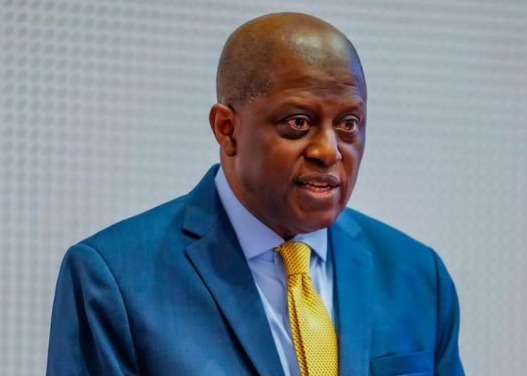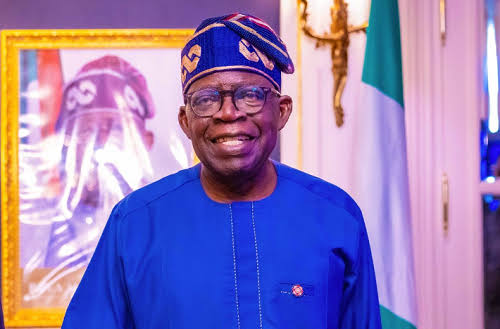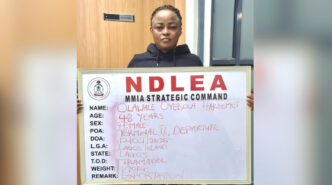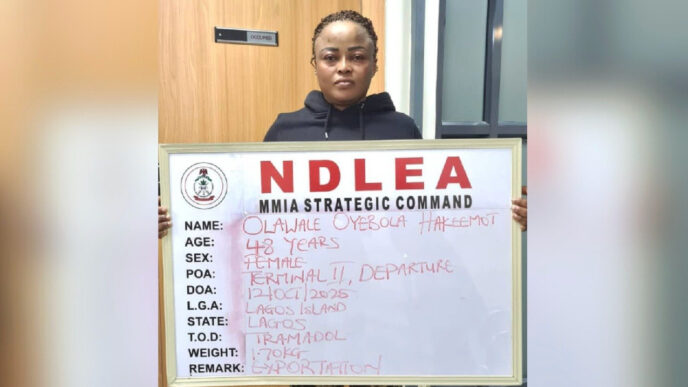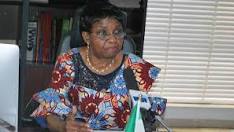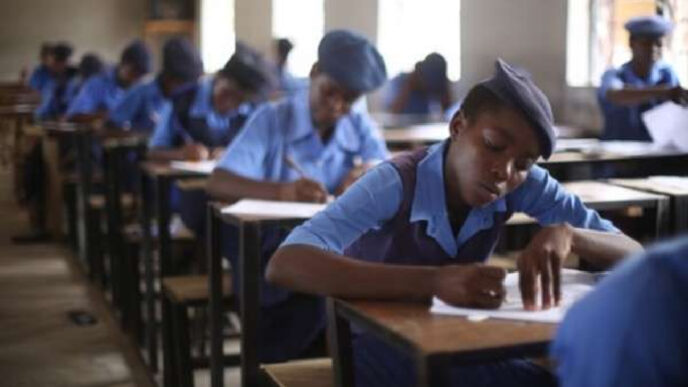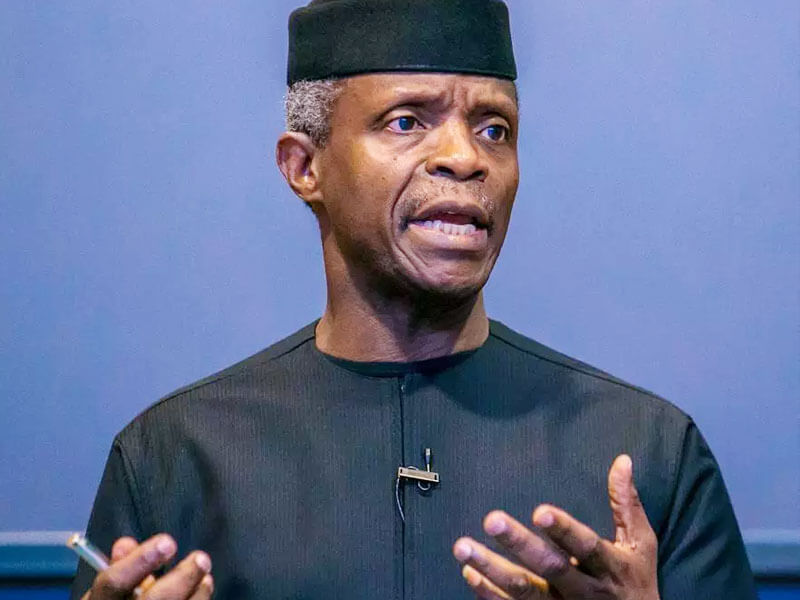Olayemi Cardoso, Governor of Central Bank of Nigeria (CBN), has said the removal of petrol subsidies and rationalisation of government spending played a key role in restoring balance to public finances and creating space for productive investment.
Gatekeepers News reports that he spoke during a press briefing at the annual International Monetary Fund (IMF) and World Bank meetings in Washington DC, United States on Friday.
President Bola Ahmed Tinubu had announced the removal of the petrol subsidy on 29 May 2023 during his inauguration, with full deregulation of the downstream sector completed in October 2024.
Cardoso emphasised that these reforms have opened room in the fiscal framework for more productive initiatives. He said, “The removal of fuel subsidies and expenditure rationalisation have helped to rebalance public finances and create fiscal space for productive investment.”
“Bold reforms undertaken over the last two years have set a foundation for Nigeria to pursue the next phase of its economic agenda, driving inclusive growth and job creation to alleviate poverty.”
The CBN Governor highlighted ongoing projects in infrastructure and human capital development, which are providing avenues for private sector participation.
Cardoso said, “Public finances are in better shape, with rising revenues from the non-oil sector providing much-needed diversification and fiscal stability, [and] reduced insecurity in oil-producing areas.”
The CBN Governor also noted that targeted incentives have spurred production and attracted over $8 billion in new energy investments.
He added that advanced analytics and artificial intelligence (AI) are being used to strengthen monetary operations, enhance forecasting and improve policy transmission, ensuring decisions are data-driven and forward-looking.
The presidency had previously announced on 14 October that, following Shell’s final investment decision (FID) on the HI gas project, upstream investment commitments in Nigeria have reached $8 billion since Tinubu took office.
On the foreign exchange front, Cardoso reported that the naira continues to appreciate, with the gap between the official and parallel market rates now below 2 percent.
He also noted that Nigeria’s foreign reserves have surpassed $43 billion, providing more than 11 months of import cover, supported by steady inflows and rising investor confidence across asset classes.
Cardoso concluded by highlighting fiscal reforms aimed at improving revenue mobilisation, reducing governance costs, and channeling spending toward infrastructure, education, and healthcare.

